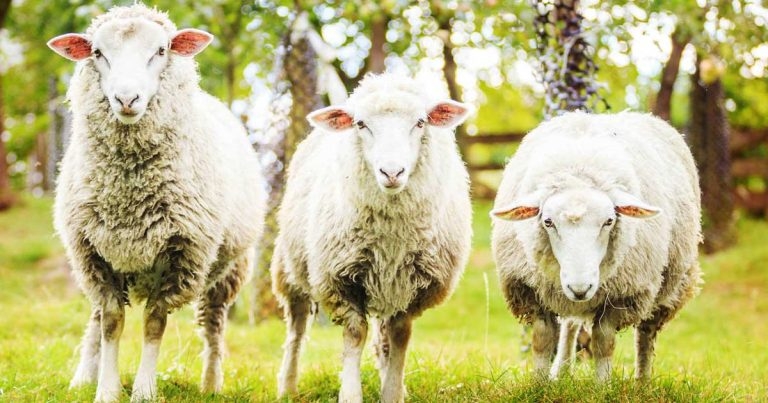3 Aug 2022
Most farmers are willing to learn, but don’t know where they can access courses, a study has suggested.

Image © dybcio / Adobe Stock
A new campaign is needed to improve vaccination administration and training in the UK sheep farming industry, RVC researchers have said.
The call follows a survey of hundreds of farmers that found most could not identify the correct position for three types of jabs to be delivered.
But while nearly 84% of respondents said they would consider undertaking further training, the study found that only 26% were aware of courses they could attend.
The researchers described the lack of awareness of available courses as “staggering”.
They continued: “There needs to be stronger advertising campaigns around what courses are available to farmers within the industry.”
The study is based on an online survey posted on social media and several industry forums, which attracted 370 full or partial responses.
A total of 38% of respondents identified the correct location for inter-dermal vaccinations.
But that proportion fell to 26.1% for subcutaneous jabs, and just 7.7% for intermuscular vaccination administration.
Incorrect vaccination practices can make the jabs less effective and raise animal welfare concerns. A 2018 study published by the Agriculture and Horticulture Development Board found around 1.9% of all sheep carcases contain abscesses, for which incorrectly administered vaccines are considered the most likely cause.
Nicola Blackie, one of the authors of the study and a senior lecturer in production animal science at the RVC, said: “There is evidence that suboptimal vaccination technique is potentially occurring on UK sheep farms.
“For all injection types, a wide range of vaccination locations were indicated, and a majority improperly administered or stored vaccines.”
Fewer than half of respondents (45.5%) stated they stored vaccinations in a special veterinary fridge and the paper said it was “concerning” that only 33.9% used a temperature logger, with only 6.4% undertaking daily temperature checks.
Around one in nine respondents (11.1%) also said they kept unused vaccines until further jabs are needed, despite all of the vaccines analysed recommending disposal either on the day or within eight hours of broaching, potentially reducing its effectiveness.
The paper also found that under half (48.1%) of farmers either learned how to deliver vaccines from a vet or had received vaccination training (43.7%).